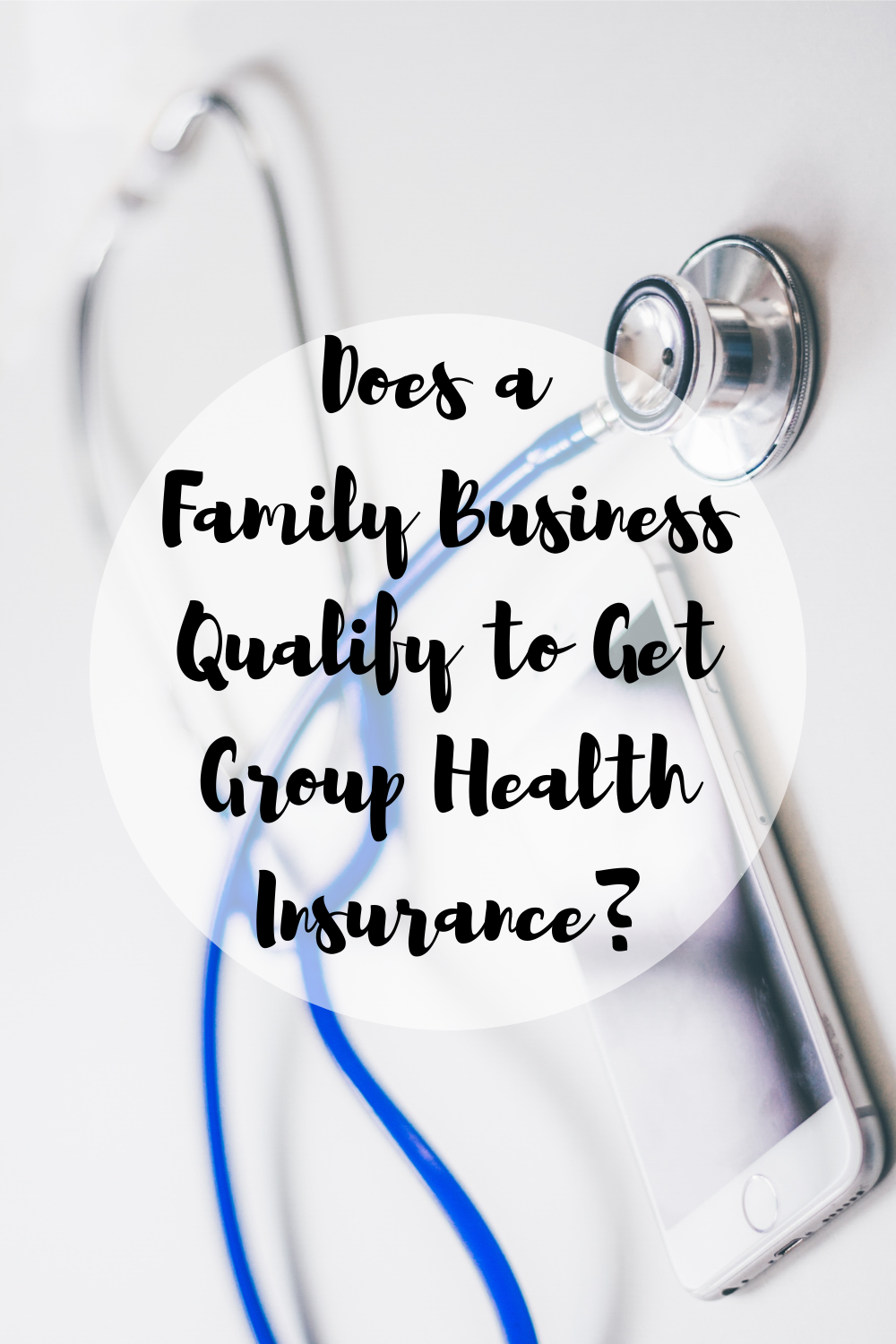
If you are a small family run company, you understand that your business can be different than other businesses. There are different policies in place and regulations that you should familiarize with, and health insurance is one of those fields that have special circumstances when it comes to policies for family members.
Who qualifies for Group Health Insurance?
There are certain rules in place for group health insurance that you should consider before deciding if it is right for you and your company. These qualifications are outlined by professionals from Group Enroll that will provide you the needed information. Group health insurance is reserved for small businesses that range from 2 to 50 people. If you are a self employed business owner and are the only staff on payroll, you do not qualify for this specific insurance policy and would have to consider other options. Your business needs to have at least one other party that will enroll in the group health insurance. Those that qualify are the individuals of a company that has instituted group health insurance policy for their employees. In most cases, family members are not covered unless a premium is paid to extend the health insurance to them.
Family Business
Family businesses are a bit more complicated when it comes to group health insurance. There are a number of things that need to be considered. As previously mentioned, this health insurance does not translate to relatives unless paid for with extra premium costs. However, in the case of family owned and operated businesses, things fall under different rulings and there are varying factors that come into play.
Spouse and Other Family Members
For group health insurance, your spouse cannot be covered if he or she is the only other employee for your small business company. You must have other employees if a spouse is to be considered for the health policy. However, if your company employs other family members, and your spouse is also under payroll as an employee of that company, they may be considered for the group health insurance. Your policy that may extend to other members of your family needs to also be available to employees and staff that you are not related to.
Avoiding Legal Issues of Discrimination
When you are selecting and implementing a group health insurance, you also need to be inclusive about the options. This means that you can offer different plans, but those plans cannot be exclusive to anyone or any specific party that can be considered discriminatory. This translates as you can offer different plans to workers of different roles or responsibilities, like full-time workers and part-time workers, but you cannot offer plans to only family members and disregard, or offer less coverage to employees that are not blood related. Your employees under your business may choose to accept or decline the coverages on their own volition for reasons like their spouse already has a plan that covers them, or they have their own individual health care, but that is not up to the employer to decide. It is important to discuss the plans and benefits you intend to incorporate into your business with an insurance professional and human resources expert to make sure your business actions are legal.
What else to consider when buying group health insurance for my family business
Prior to applying for the group health insurance policies, you need to make sure that you have proof that you are a small business with the number of employees on file. If they are related to you, your family members still need to provide evidence of employment. This would include things like a business license, company payroll with each listed employee and their role.
Steps to take:
- Quote – Before enrolling, you’ll need to submit an application to the health insurance you want. You’ll submit necessary information and receive a quote regarding costs and coverages
- Customize – once you’ve been approved and given a quote, you’ll be able to customize your group insurance policy with different limits and deductibles to what caters best to the needs of your business
- Compare – after customizing your policy with the benefits you need covered, you can compare it with other options to make the proper revisions that fit your business’s budget
- Enroll – once you have looked into all the options in depth, and are comfortable and confident in your coverage and costs, you can enroll with a team of knowledgeable professionals to look after your company policy.
Running a company requires a lot of responsibility. That is no different when it comes to health insurance and providing the best for your employees, especially when your employees are family members. You want to provide the best for them and in doing so should consider group health insurance, as it is a highly beneficial option for your business and family alike.





Leave a Reply